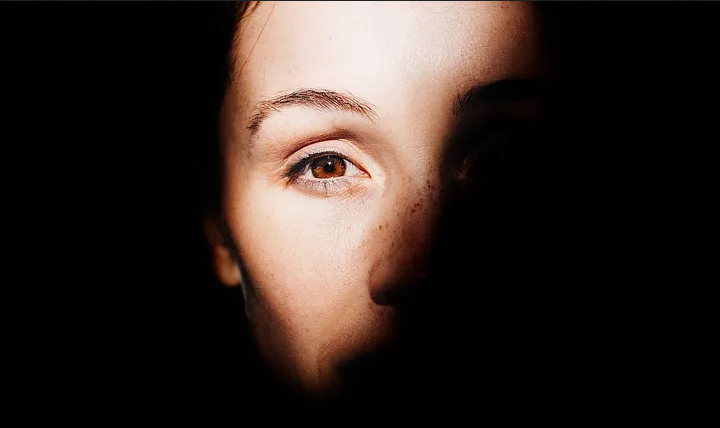
Scientists have long known that light has significant effects on sleep and health, and the latest research brings some important new specifics to light: Too much artificial illumination at night, and too little natural daylight, conspire to make modern humans miserable.
Really, really miserable.
A new study finds that too much exposure to normal indoor lighting at night is associated with up to a 30% higher risk of depression, and similarly higher chances of developing anxiety disorder, bipolar disorder, psychosis, PTSD, and self-harm.
The study also found a clear antidote: broad daylight.
Lots of natural outdoor light was associated with a 20% lower risk of depression, as well as reduced odds for the other disorders studied.
Any reasonably bright bulb can shed light on what’s going on: Evolution has programmed the human brain and body to use bright days and dark nights as the primary inputs to our circadian system, a 24-hour rhythm that tells us when to hunt and gather and sing and dance, and when to call it a day and head into the cave.
“Humans today challenge this biology, spending around 90% of the day indoors under electric lighting which is too dim during the day and too bright at night compared to natural light and dark cycles,” said study leader Sean Cain, an associate professor of psychology at Monash University in Australia. “It is confusing our bodies and making us unwell.”
The upshot: Light exposure patterns “have a powerful influence” on mental health, Cain said.
The circle of cause and effect
The findings, published this month in the journal Nature Mental Health, are based on data from 86,722 participants in the ongoing UK Biobank research project. The data included readings from actual light monitors, and researchers accounted for differences in physical activity, sleep quality, health and other factors. The results don’t conclusively prove which condition or behavior causes…